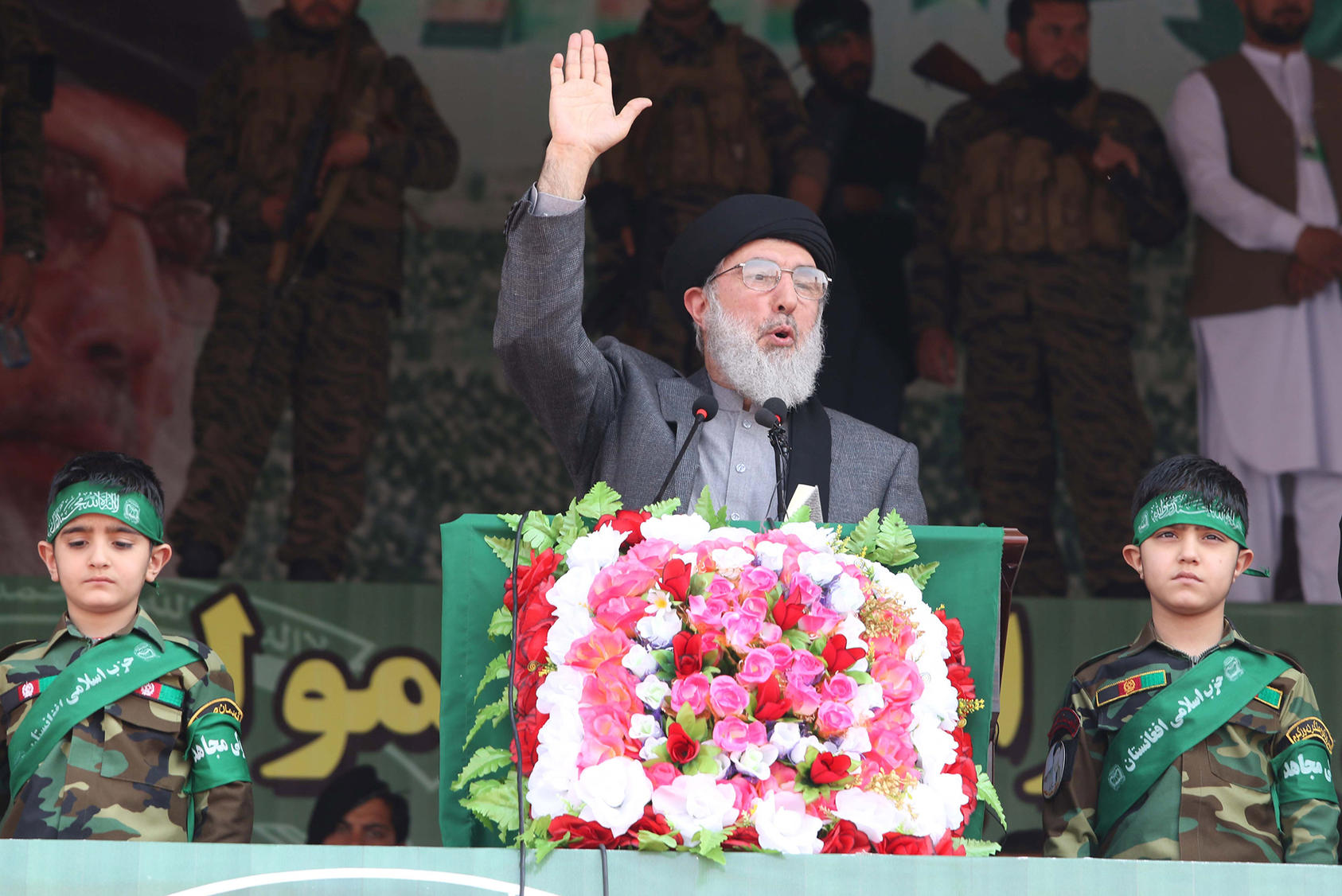How Peace Was Made: An Inside Account of Talks between the Afghan Government and Hezb-e Islami
The September 2016 peace accord between the Afghan government and the Hezb-e Islami militant group has been regarded as a first major step toward restoring Afghanistan to a state of peace. This Special Report provides a firsthand account of the protracted negotiations that led to the agreement—and offers important insights for how similar talks might proceed with the Taliban.

Summary
- For more than four decades, Afghanistan has been in a state of war and violent conflict that has destroyed much of the country’s physical and social infrastructure and prevented the formation of a state stable enough to establish law and order.
- Although several internal and external factors contributed to the conflict and its current political and security environment, a key factor has been weak Afghan leadership, exacerbated by political frictions among elites.
- Peacemaking is a difficult process, but often the most difficult part is how to start peace talks. Thus, the experience of negotiating peace between the Afghan government and the Hezb-e Islami insurgent group offers unique insights on peacemaking in the modern era.
- This report, based on the author’s experience working as a negotiator during talks between the Afghan government and Hezb-e Islami, presents a firsthand account of the challenges and divisions that had to be overcome in order to make the September 2016 peace agreement possible.
- After the peace accord with Hezb-e Islami, Afghans have another historic chance to bring an end to years of conflict with the Taliban. The Afghan government’s negotiations with Hezb-e Islami provide important lessons that can be applied to future peace negotiations with the Taliban.
About the Report
This report is a firsthand account of the peace negotiations between the Afghan government and Hezb-e Islami, an Afghan insurgent group that fought against the government and its allies for seventeen years. It addresses the specific challenges facing the talks—including extensive outreach and consultations needed to build a consensus for peace at the national and international levels—and offers insights on future peace talks with the Taliban.
About the Author
From 2015 to 2018, Qaseem Ludin was a senior adviser to the Office of the National Security Council of Afghanistan. He was a key negotiator in the peace talks with the Hezb-e Islami insurgent group that resulted in the signing of the September 2016 peace accord between President Ashraf Ghani and Hezb-e Islami leader Gulbuddin Hekmatyar.



